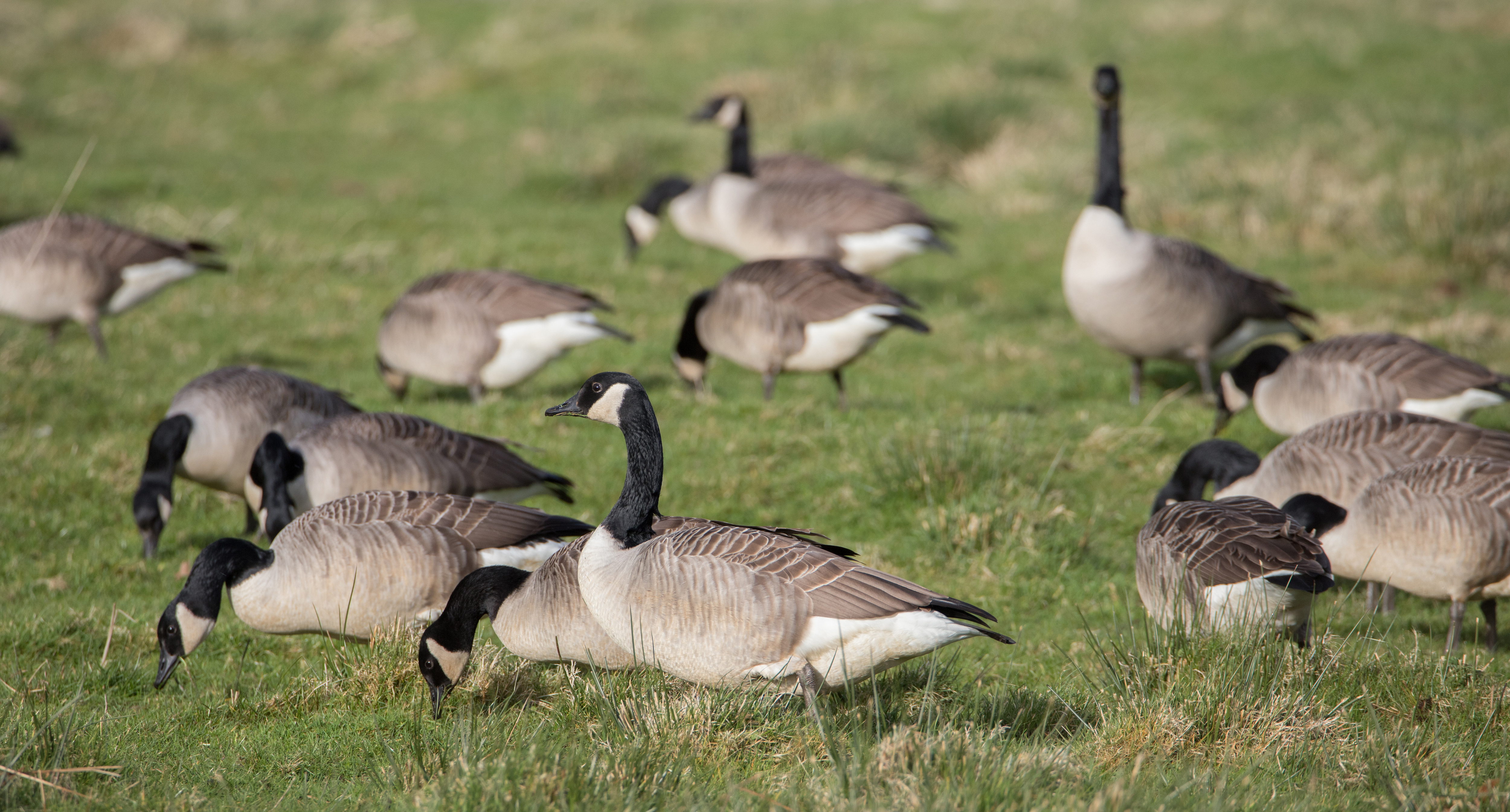
Warwickshire County Council is today issuing updated advice to residents on how they can help prevent the spread of bird flu and what they should do if they find a dead wild bird.
The UK is currently experiencing a very large avian influenza (bird flu) outbreak and some wild birds may be infected.
Help prevent the spread of bird flu
- keep to the footpath, with dogs on leads
- do not pick up or touch dead or sick wild birds
- do not touch wild bird feathers or surfaces contaminated with wild bird droppings
- if you keep poultry or other birds, wash your hands and clean and disinfect your footwear before tending to your birds
If bird flu has been detected in your area, you are also advised:
- do not feed wild waterfowl
What to do if you find a dead wild bird
Please report online (https://www.gov.uk/guidance/report-dead-wild-birds) or call the Defra helpline on 03459 33 55 77 if you find:
- one or more dead birds of prey (such as an owl, hawk or buzzard)
- 3 or more dead birds that include at least 1 gull, swan, goose or duck
- 5 or more dead birds of any species
Do not touch or pick up any dead or visibly sick birds that you find.
APHA may collect some dead birds for surveillance testing. Otherwise, birds can be disposed of safely, if necessary, by the local authority or landowners. However, alerting Defra will enable them to monitor the spread of the disease in the wild bird population and help prevent kept birds at farms and smallholdings from being infected. Wild birds are susceptible to a range of diseases and injuries and not all dead birds will have been infected with avian influenza.
For dead birds found on public land, if you have already alerted Defra and wish to make your local council aware of the dead birds, please contact your district or borough Environmental Health team.
The UK Health Security Agency (UKHSA) has said that avian influenza is primarily a disease of birds and the risk to the general public’s health is very low. The Food Standards Agency has said that on the basis of the current scientific evidence, avian influenza poses a very low food safety risk for UK consumers. Properly cooked poultry and poultry products, including eggs, are safe to eat.
If you are a keeper of birds (chickens, geese etc.) there is now a legal requirement for all bird keepers in Great Britain to follow strict biosecurity measures to help protect their flocks from the threat of avian flu. For more information and advice visit: https://www.warwickshire.gov.uk/farming/animal-health-advice/2.
Further advice on all aspects of bird flu is available on GOV.UK, visit: https://www.gov.uk/guidance/avian-influenza-bird-flu.